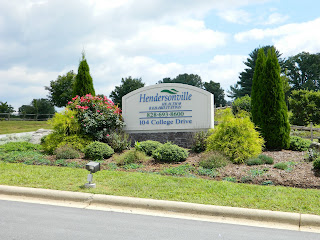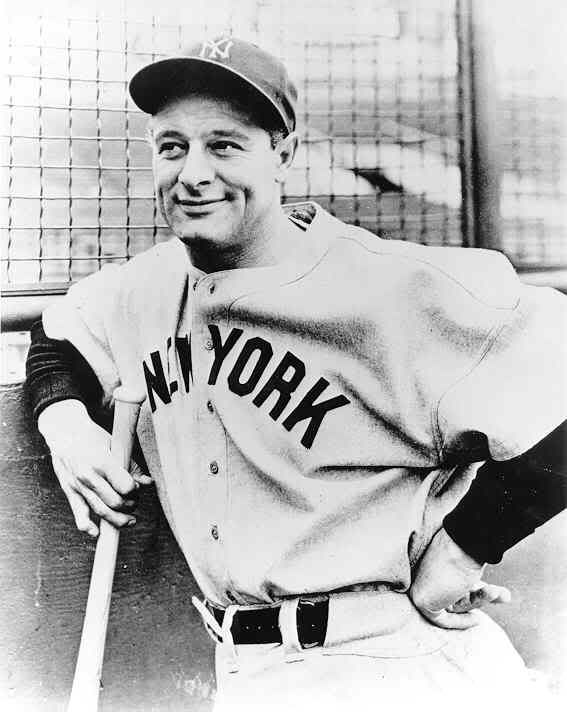We are approaching the time of year when stargazing is particularly rewarding. If you look to the southeast tonight around 9 p.m. you should be able to see the Orion constellation. Orion is easy to find because three bright stars equal distances apart and in a straight line form his belt. According to legend, Orion was a mighty hunter. With the help of a star chart, you can see that he has a sword, a shield, and a club. In his right shoulder is the huge star Betelgeuse. It is so huge that if it took the place of our sun, which is 93 million miles away, Betelgeuse would extend beyond our orbit and almost to the orbit of Saturn. This is what I like about looking at the stars. It combines the legends of ancient people with the science of today. I have looked up and seen Orion, Taurus the Bull, and the Gemini Twins and regarded them as old friends.
Outer space is not a friendly place, however. It has frigid cold and inferno hot temperatures. It is full of black holes and dark matter, quasars and binary stars, novas and nebulae, many of which are safe only if viewed from a distance. Such distance is not hard to find in outer space. It is everywhere you look. The objects in space are so far apart that the distances between them are calculated in light years. A light year is the distance that light can travel in a year at the rate of 186,000 miles per second. Betelgeuse is 643 light years away from us. This means that the light of Betelgeuse we see today started traveling in our direction in the year 1368, over 120 years before Columbus sailed west in search of the West Indies. Even so, Betelgeuse is a near neighbor to us. The center of our Milky Way galaxy is nearly 30,000 light years away and there are billions of galaxies even farther away.
When I stretch out on a blanket underneath the stars and look heavenward, I am overwhelmed by my insignificance. What possible difference could my grain-of-sand little life make in the vast expanse of interstellar space? I have a shrinking feeling from the enormity of it all.
Three thousand years ago a Hebrew looked up at night and wrote, "The heavens declare the handiwork of God." The Hebrew people believed the Creator of the universe was involved in their lives and spoke to them through their prophets and in holy writings, miracles, and dreams. Some time later, a child was born among these people who many people believed was the Creator come to earth in human form. They wrote that "all things came into being through Him." Wise men, who were astrologers, came to see him when he was an infant. They who understood the stars paid homage to the One who created them. The child grew up to tell the people of the earth that the Creator of the universe loved them.
The Creator of Betelgeuse, the constellation Orion, the Milky Way galaxy, and all the billions of other galaxies loves us still. The message of the universe is not my insignificance, but the enormity of God. The stars show us the majesty and wonder of their Creator. The Child born under them shows us His love. It is my Creator's love that gives my life significance. That is a gift brighter than any star and greater than any universe.






















